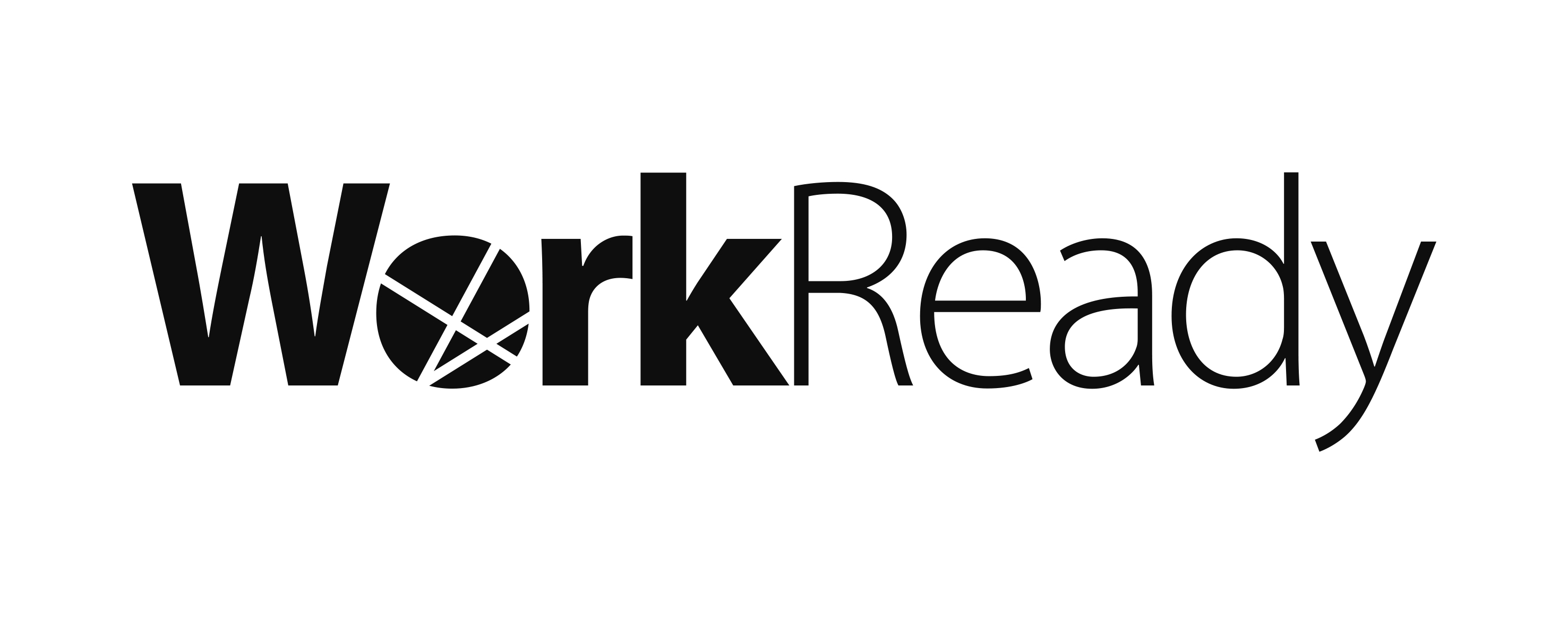What is plagiarism?
Plagiarism is the act of taking someone else's material and claiming it is your own work. This can include, but is not limited to, written work, observations, curriculum planning, and QIP materials. Anything that you might make in your workplace can be plagiarised. All the work you submit for your assignments should be your own. When you submit work, you are promising that you completed it yourself and, if that is found to be untrue, there can be serious consequences. Your cover sheet is a legal document. It is here that you confirm that you have completed all assignment work yourself.
What about research?
During your assignments you will need to do readings or research about certain topics. This is perfectly acceptable. In these cases, you should always put what you have learnt in your own words. Sometimes you may want to quote someone else to highlight significant details or information. These should be used sparingly and shouldbe identified within your work through the use of quotation marks (" ") for short quotes or in a separate paragraph for quotes longer than one sentence. You must always credit who you have quoted within your work. Likewise, you should always credit where you got your research from in the form of a bibliography. A bibliography is a list of the resources you used and is clear enough that anyone reading your bibliography could track down that same resource and read it themselves. Even your readings in your training materials should be listed.
What about collaboration?
Sometimes in your workplace you will be working on things with your co-workers. This is normal. However, everything you submit to AECC should be your own work. You should not submit someone else's observations or jottings. You can use photos taken by someone else at the centre, but... Read more



